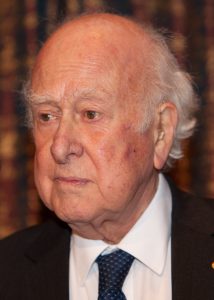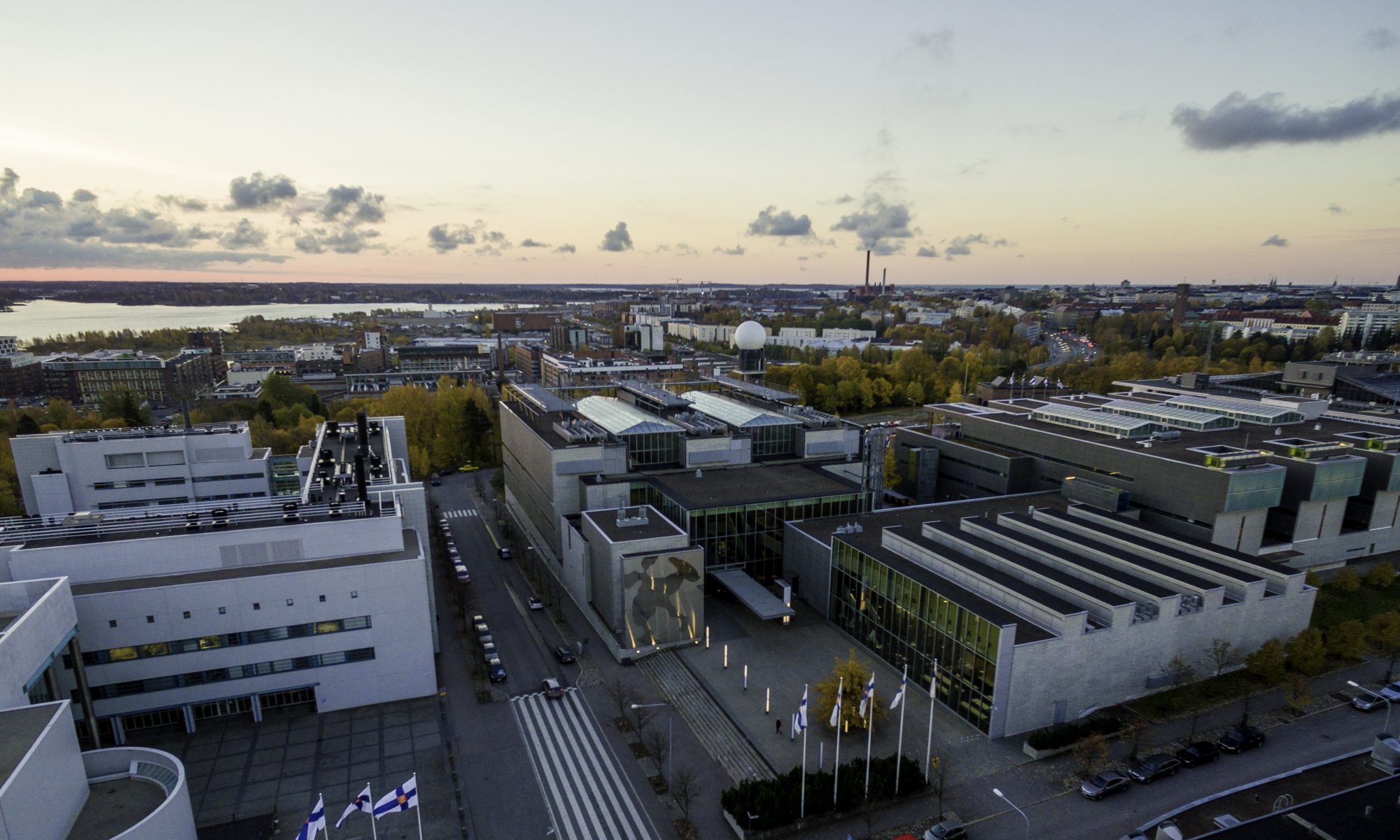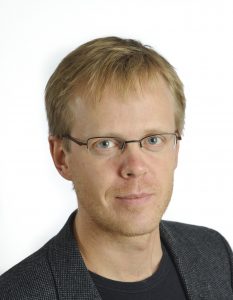Our next colloquium in the spring series is by Pauliina Ilmonen from Aalto University on March 8th in Physicum E204.

Pauliina Ilmonen is a professor (tenured associate professor) in Statistics and Mathematical Data Science at Aalto University School of Science. She is also the vice head (in charge of teaching) of the Department of Mathematics and Systems Analysis. She has over a decade of teaching experience from various universities, including University of Tampere, University of Turku, Université libre de Bruxelles, and Aalto University. She teaches several bachelor’s and master’s level courses at Aalto University, and she is the responsible teacher of a minor in Statistics. She is known for her ability to discuss complicated matters in an understandable way. Pauliina Ilmonen chaired the Finnish Statistical Society from February 2018 to January 2022. She is a member of the European Regional Committee of Bernoulli Society, and she is a member of the advisory board of Statistics Finland. She loves statistics and she participates actively in public discussions related to statistics. In 2020 she received the Aalto SCI Scientific communication award.
In her research work, Pauliina Ilmonen focuses on topics in the field of mathematical statistics. Her research group’s most significant research topics are multivariate extreme value theory, invariant coordinate selection (ICS), independent component analysis (ICA), functional data analysis (FDA), change point analysis, and analysis stationary processes. Also pure mathematics is close to Pauliina’s heart. Her research group’s interest there lies on characteristics of meet and join (hyper)matrices. In addition to deriving theoretical results, her group is working on applied topics related to cancer epidemiology and the epidemiology of viruses. Doing applied work enables to contribute to research that may have significant public health implications.
Vice Head (in charge of teaching) of the Department of Mathematics and Systems Analysis
Professor (tenured Associate Professor), Statistics and Mathematical Data Science
PhD (2011, University of Tampere, Major: Biometry, Minor: Epidemiology)
https://research.aalto.fi/en/persons/pauliina-ilmonen
The title of the talk is: On extreme quantile regions
The event will take place on Friday 08.03.24 at 14:15 in Physicum E204
The event was also be streamed via Zoom: https://helsinki.zoom.us/j/61083314010
Abstract of the talk:
Modeling of rare phenomena is of paramount importance in many fields of science and wide variety of application areas of extreme value theory have multivariate problems to solve. Assessing tail behavior is challenging as, e.g., extreme quantile regions corresponding to a very small probability often contain only a few or no observations. We propose a novel affine equivariant extreme quantile region estimator for multivariate heavy-tailed elliptical variables. The estimator is constructed by extending a well-known univariate extreme quantile estimator. Consistency of the estimator is proved under estimated location and scatter. We briefly discuss the estimation of extreme quantile regions under other multivariate (and infinite dimensional) models as well.





 The next colloquium in the fall series will take place on December 8) at 14:15. Our speaker will be Teemu Siiskonen, who has been recently appointed as the
The next colloquium in the fall series will take place on December 8) at 14:15. Our speaker will be Teemu Siiskonen, who has been recently appointed as the